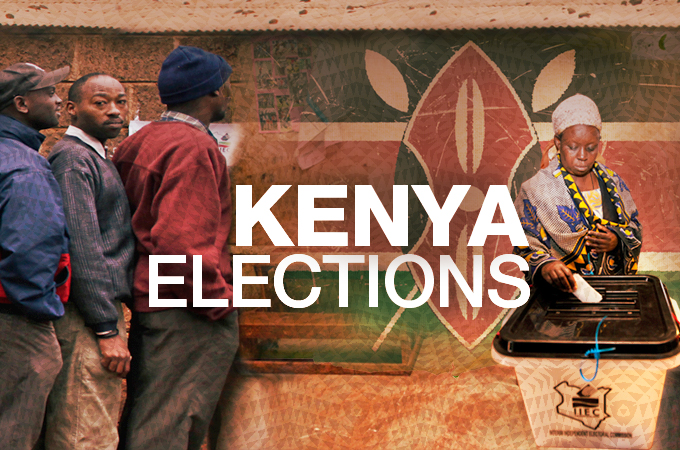Politics in Kenya has from late 70s been a game of ethnic numbers. This game was perfected by the advent of multiparty democracy in early 1990s when former President Daniel arap Moi allowed for the repeal of Section 2A of the then Kenyan Constitution. Political alignments since then have involved ethnic communities ganging up against each other. The most successful one was in 2002 when 41 tribes ganged up against the rulling Kalenjin community that had President Moi in power for 24 years. The result was an overwhelming victory for the opposition led by Mawai Kibaki.
Mwai Kibaki would proceed to lead Kenya through his National Rainbow Coalition. A coalition that was brought together by key tribal kingpins. Raila Odinga who is the defacto leader of the Luo tribe was a key partner in that coalition. Mr. Odinga would later on complain of unfulfilled MoU between Kibaki and his partners in the coalition. This would result in Odinga joining hands with those who remained in Kanu and the other tribes other than Kibaki’s Kikuyu to form the Orange Democratic Movement (ODM) to challenge Kibaki’s re-election. The result was the disputed 2007 Presidential election results who many believe Odinga won but was denied victory. The ethnic violence that ensued would result in a power sharing government between Kibaki and Odinga.
The violence witnessed in 2007/2008 was the lowest point in Kenya’s tribal politics. In 2012, there was yet another ethnic realignment that saw the incumbent, Uhuru Kenyatta elected State President after successfully uniting the Kikuyu and the Kalenjin tribes with the help of his Deputy William Ruto.
In all these ethnic realignments, the other elective positions were also similarly aligned in the respective regions – mostly ethnic stronghold. For instance in ODM zones all candidates on ODM tickets won the seats. Mostly they came from the same tribe. The same would be true of the other parties.
As Kenya goes to the poll later this year, there have been a few changes to the electoral law. Previously you had to belong to a political party to vie for any electoral position. The 2010 constitution however changed that to allow for independent candidates.
Popular candidates for most positions other than the President who lost in the party primaries due to unfair electoral practices are now running as independent candidates. This has angered the tribal Kingpins because for once there is a high likelihood that they will lose control over the voters in their regions.
Mr. Odinga who is now seeking to unseat Uhuru Kenyatta though his NASA coalition had this to say of independent candidates over the weekend:
“There is money the Government pays political parties based on their strength in parliament….I want people who will bring me money in my ODM account.”
It is important to note that Mr. Odinga was speaking in Luo dialect at a funeral in his Siaya County backyard. His statements had nothing to do with the will of the people but rather numbers in parliament and money paid to his party.
His sentiments sparked a huge debate on social media. His call for the rejection of independent candidates was equally rejected.
Independent candidates also have their supporters too. Ignore them at your own peril Raila Odinga @TEAMNASA_KE @Angelamukii @Asamoh_
— Dick (@owino2) May 22, 2017
@KBonimtetezi Jubilee is accepting Independent candidates,NASA is making a big mistake disassociating itself from the product of their mess.
— Raymond Ohalls (@raymond_ohalls) May 22, 2017
With the voters openly denying their leaders and declaring their support for independent candidates, Kenya will find itself with a forced political revolution. The sort of revolution that will see the demise of tribal kingpins’ influence and the onset of electorates making their decisions on factors other than where they were born or which coalition their tribe is part of.
The culmination of this revolution might not be immediate, but 2017 will definitely go down in history as the year it was birthed.



